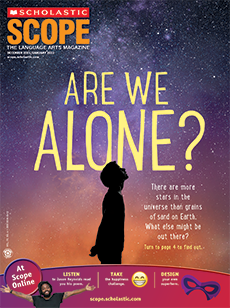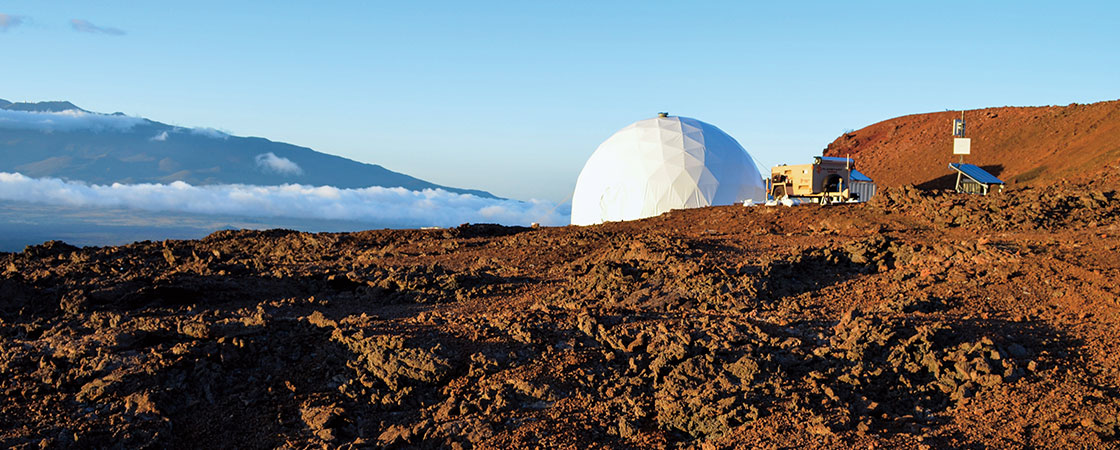Courtesy of Sian Proctor
Dr. Sian Proctor
It’s not easy to live on Mars. There’s not enough oxygen to breathe. It’s a frigid -81 degrees Fahrenheit. And the atmosphere is so thin that if you step outside without special gear, your blood will fizz up like soda and you’ll die within seconds.
Yet despite the planet’s inhospitable environment, Dr. Sian Proctor spent four months living on the surface of Mars.
Or at least . . . she pretended to.
Proctor is what is known as an analog astronaut. Her job is to go on analog missions that simulate—or closely imitate—conditions in outer space. Her “mission to Mars” actually took place on the side of a volcano in Hawaii.
So she and her five crewmates were never actually in danger of their blood fizzing. But they did face many of the challenges that people stationed on Mars would face.
That was the whole point.

